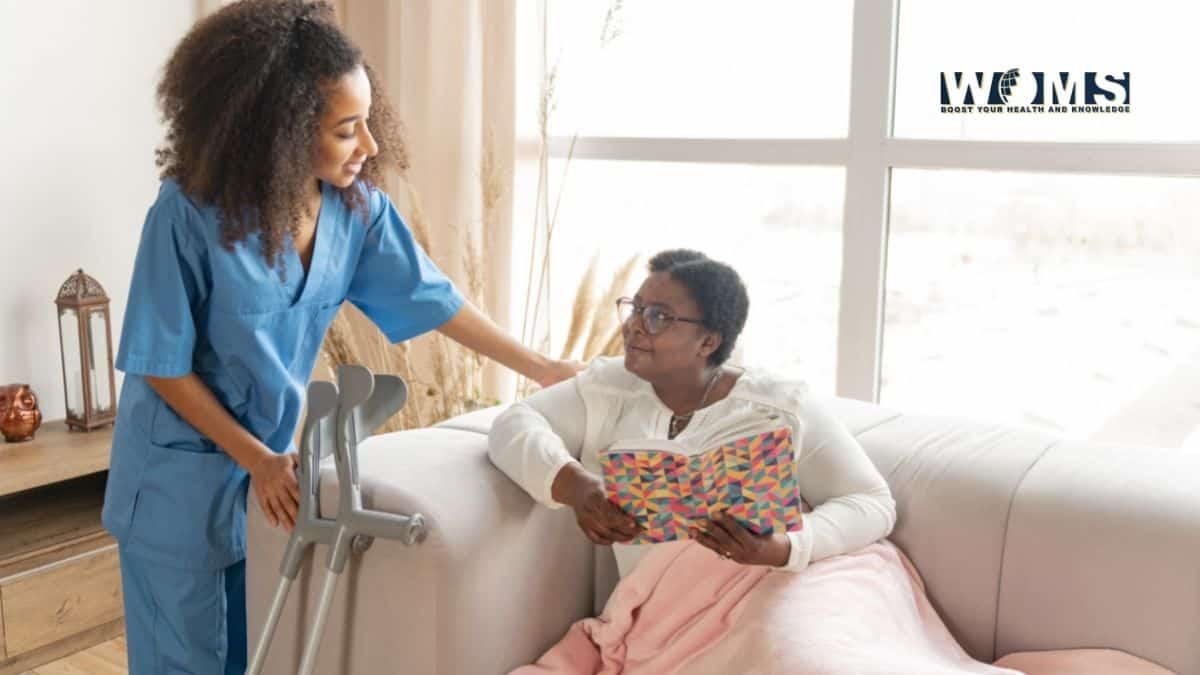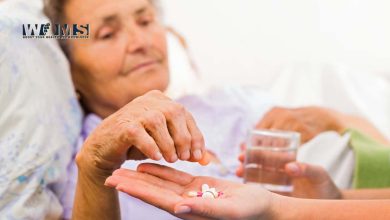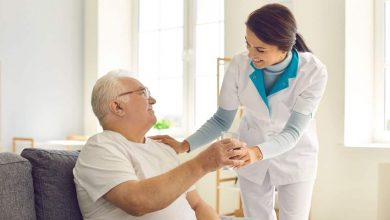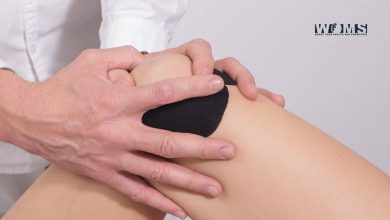How to Care for Injured Patients at Home

When you have an injured loved one, they need your care, love, help, and attention at home. They may have started their recovery at the hospital and have rehabilitation sessions as well, but this isn’t to say that’s enough. Once they’re at home, they need all the assistance they can have, particularly if their injuries render them unable to move.
Caring for injured patients at home isn’t something for you to do all by yourself, however. You’ll need expert guidance from the patient’s doctor to be certain you’re giving them the care prescribed by the doctor. Refrain from self-medicating, as doing so may hurt the treatment plan created by expert physicians. If you want to deviate from the prescribed medication, discuss this with the physician as well. Regardless of your approach on your patient’s recovery, it’s best to take note of important reminders. So, here are few insights on how you can care for injured patients at home:
Help The Injured Patient With Daily Activities, As Much As You Can
Movement is part of the healing process. While others consider it wrong, a proper and guided daily activity could help patients recover. If you have time, you may ask for assistance from experts like doctors, physicians, or physical therapists. Allied Health physiotherapy and any other trusted therapy center in your local area could help in planning your patient’s daily activities. This plan, if properly done, can also be good for healing. But, keep those movements limited only to what’s allowable. Anything beyond that may cause even more harm to the patient.
For instance, cooking can be dangerous to an injured patient who is unable to balance and stand. The same holds for showering, when the injured patient may be a fall risk. If you can’t provide this assistance by yourself, then it’s a good idea to call for professional help in providing home care. Look for medical professionals, usually caregivers and nurses, who can provide care with patience and accuracy, to avoid the risk of further injuries.
Learn The Basics Of Caring For Physical Injuries
The most common physical injuries you may have to care for quite frequently, especially when you have kids are sprains and strains. So, it pays to know the basics of caring for those physical injuries. To prevent such from progressing, care should be given as soon as possible. Remember the code RICE:

- R–rest the injured part and stop from moving it around too much.
- I–ice the injury to help with the spasm and control the swelling.
- C–compress the injured area to limit the swelling, but be sure not to keep the wrap too tight or else blood flow may also be constricted.
- E-elevate the injured body part to let gravity do its magic by enabling fluid and blood to drain downhill to the heart.
Along with the four tips above, you can also use over-the-counter pain medication. Just be sure you get the dosage and frequency done correctly.
Learn When To See A Doctor
Home care can be provided for minor injuries. But, for your patient’s safety, there are instances when it’s best to bring your patient to see a doctor. The following are signs of an impending serious injury:
- Dizziness;
- Severe pain and swelling;
- Trouble breathing;
- Visible deformities; and
- Joint instability.
Apart from the symptoms above, you should also bring the injured patient to a doctor even when the injury is minor, but the symptoms still linger. If you can, be with them to the doctor’s appointment so you can listen first-hand, as the primary caregiver at home, on how to care for your patient’s injuries.
Be Patient And Compassionate
Being compassionate and patient are needed when you’re caring for family members. But, this is often easier said than done. It can be so easy to lose your patience, particularly on the days when caring for the injured patient is just too overwhelming. Or, depending on how severe the injury was, some patients may even be uncooperative.
Even if your injured patient at home may get irritable and angry with you, try not to lose your patience. Remember that they’re also going through a hard time processing what their body is going through. Usually, the more serious the injury is, the higher the adjustment will be for the caregiver and the patient.
They don’t mean it. When patients vent out their frustrations, with how helpless they feel during those days when they’re unable to do the activities they’ve long gone accustomed to doing. If you feel tired and frustrated, take a deep breath, and go to another room for time for yourself. By so doing can prevent adding any more stress and tension to your situation at home.
Celebrate Their Small Victories
Healing isn’t hastened only by the medicines and physical health per se. But, a key factor to a good healing process is celebrating the small victories of your patient at home. It can help encourage them mentally and emotionally to keep going, even on the days when it seems too difficult for them to carry on.
Celebrate your patient’s small victories. For instance, commend them on their very first day of being able to walk a long distance. Pat their backs when they took their first bath on their own. These little celebrations create momentum, which helps encourage your patient that there’s a light at the end of the tunnel, and healing is near.
Control Visitors, If Needed
While moral support and empathy from family and loved ones help patients recover, privacy still plays a vital role. Thus, you may also want to be mindful of the visitors going to your home. It’s always nice to have people who care, but you and your injured patient need to rest as well.
In handling visitors, it’s essential to prioritize your needs and the physician’s advice. Hence, if they care for you and your patient, they will understand your sincere request. As it is your and your patient’s right to decline visitors, let them know. However, you can still let them visit. Try to create a visiting schedule for you and your patient’s friends and loved ones.
Conclusion
For complete recovery, injured patients need holistic and all-around care. However, it doesn’t just mean being dependent on hospital care. Instead, it means giving them the care and love which patients need, especially at home. It takes a unanimous effort from the patient’s family and the doctors to ensure that the best and speedy recovery will soon be underway. The tips above can give you all the information you’ll need so you can provide the best home care to your injured loved ones.




